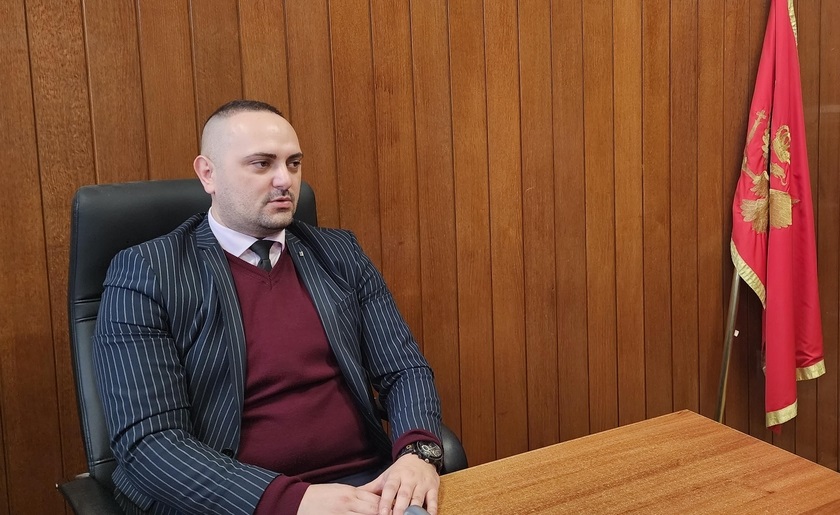Do Kwon, the co-founder of Terraform Labs, faces a new hurdle in his potential extradition to South Korea. Montenegro's top prosecutor has lodged a formal challenge against the recent court decision that greenlit the move. This unexpected development throws a wrench into the ongoing saga surrounding Kwon's whereabouts and potential legal battles.
Kwon has been in Montenegrin custody since March 2023 after his arrest for using forged travel documents. South Korea, where Kwon is a citizen, had previously issued an arrest warrant for him in connection with the spectacular collapse of Terraform's cryptocurrency ecosystem in May 2022. The implosion, estimated to have caused over $40 billion in losses, sparked outrage and accusations of financial fraud against Kwon.
Following his arrest, Montenegro received extradition requests from both South Korea and the United States, where Kwon also faces criminal charges. The Montenegrin court system initially ruled in favor of South Korea's request, citing the proximity of the alleged crimes. However, the top prosecutor now argues that this decision bypassed proper legal procedures.
The crux of the prosecutor's challenge hinges on the court's alleged overreach. According to the official statement, the lower courts did not have the authority to decide on the extradition itself. The prosecutor maintains that the final decision on which country's request to prioritize rests solely with the Montenegrin Ministry of Justice.
This legal challenge throws the timeline and destination of Kwon's extradition into uncertainty. The Supreme Court of Montenegro will now have to consider the prosecutor's arguments and determine whether the lower court indeed overstepped its bounds. Depending on the Supreme Court's ruling, the Ministry of Justice might be tasked with reevaluating the extradition requests from both South Korea and the United States.
Kwon's legal team has remained largely silent on the latest development. However, it's likely they will closely monitor the Supreme Court proceedings and potentially file their own motions to influence the outcome. The situation highlights the complex legal landscape surrounding international extradition, particularly in cases involving cryptocurrency and alleged financial crimes.

